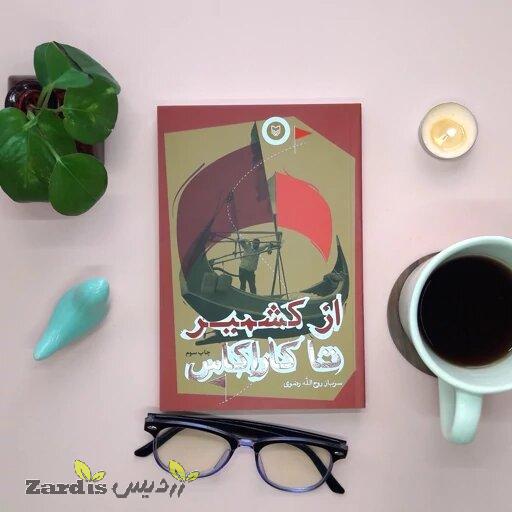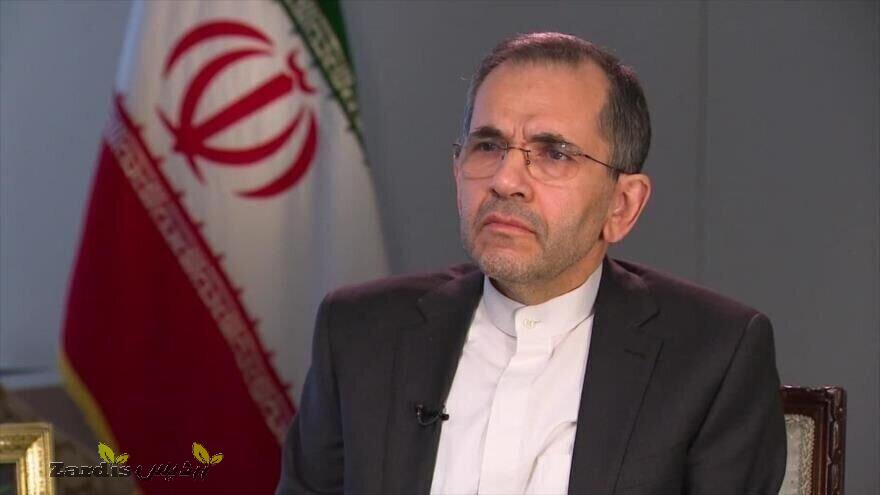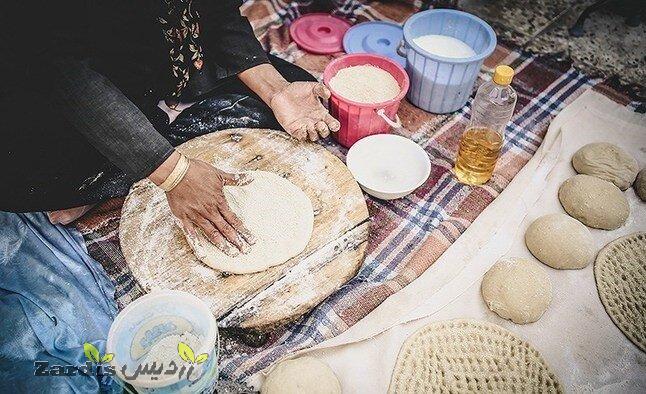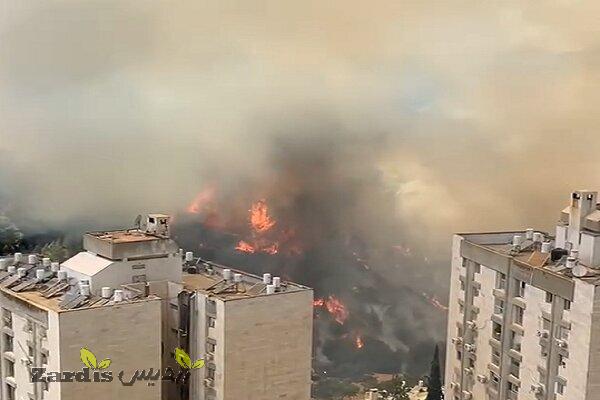Beautifully presented with both words and photos, each chapter of “From Kashmir to Caracas” chronicles distinct journeys, offering valuable details about cities and routes.
More than just documenting destinations, the book recounts travels to conflict zones like Gaza, Kashmir, and Myanmar, spotlighting the struggles of the people there.
The author, Ruhollah Razavi, shares experiences from peace caravans and humanitarian missions, emphasizing solidarity and activism.
Travels to Mecca and Venezuela further explore diverse cultures and religious practices. Razavi’s cosmopolitan spirit shines through his adventures.
Born in Kashmir to Kashmiri parents who immigrated to Iran after the Iran’s Islamic Revolution, Razavi studied at the Iran University of Science and Technology and Al-Mustafa International University in Qom.
The initial chapters detail his journey to Gaza, and his proposed peace plan for war-torn Syria.
Razavi’s political commentary is forthright, critiquing global powers and advocating for justice and self-determination.
Ultimately, “From Kashmir to Caracas” is a tapestry of adventure, activism, and reflection.
It serves as a call to action, urging engagement with global issues and solidarity with those fighting for a better future.
Razavi’s experiences offer a window into the lives of those facing injustice, highlighting the power of human connection and the enduring possibility of hope and resistance.
About the author
“I was born in Kashmir, and both my mother and father are Kashmiri too. At the beginning of the Iranian Revolution, my father left his life and job in Kashmir and came to Iran only for his love for Imam Khomeini (RA) and decided to stay, and we were with him too,” the author says about himself.
The book does not shy away from political commentary. Razavi offers his perspectives on the conflicts he witnesses, often critiquing the role of global powers and advocating for justice and self-determination for the oppressed.
He sees travel not just as a leisure activity, but as a form of resistance and a way to bear witness to the suffering of others.
Reported by Tohid Mahmoudpour
- زردیس Zardis
- News code 56704
- 22 View
- بدون نظر
Zardis news | The latest news of Iran and the world
تمامی حقوق مطالب برای Zardis news محفوظ است و هرگونه کپی برداری بدون ذکر منبع ممنوع می باشد.
طبق ماده 12 فصل سوم قانون جرائم رایانه ای کپی برداری از قالب و محتوا پیگرد قانونی خواهد داشت.
طراحی و اجرا: سامانه سایت ساز زردیس







